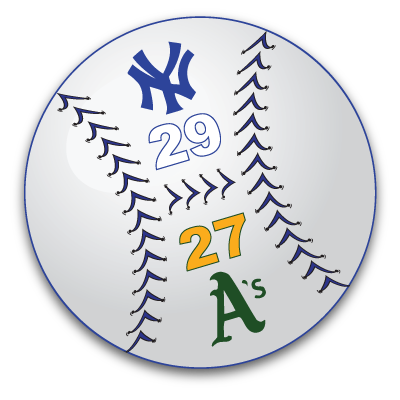
Amyotrophic Lateral Sclerosis (ALS) is a motor neuron disease (MND) that attacks nerve cells in the brain and the spinal cord, damaging both upper and lower motor neurons. When the motor neurons die, the ability of the brain to initiate and control muscle movement is lost. The progressive loss of motor control leads to paralysis, loss of breathing control and without ventilator support, eventually death. Despite the widespread effects on the body, the mind remains sharp.
A-myo-trophic comes from the Greek language. “A” means no or negative; “myo” refers to muscle; and “trophic” refers to nutrient or nourishment – no muscle nourishment. Lateral refers to the edges of the spinal cord that is affected. Sclerosis means hardening or scarring. Therefore the literal meaning of the words Amyotrophic Lateral Sclerosis is withered muscles and scarring in the lateral area of the spinal cord.
Nerve cells send messages to the muscles in order for daily tasks to be completed. When ALS has affected those cells, messages can’t be sent causing the muscles not to function properly, which in turn makes them weak, causing the muscles to atrophy or shrink.
What does ALS affect? What does ALS NOT affect?
ALS may affect all voluntary movements and muscle power (things a patient can control). This includes movements such as:
- Walking
- Talking
- Lifting
- Caring for yourself
- Chewing
- Swallowing
- Moving about
- Breathing (This may seem involuntary, but remember that you can voluntarily hold your breath)
ALS does NOT affect involuntary functions, including:
- Internal Organs (Heart, Liver, Kidneys)
- Digestive System
- Sexual Functions/Emotional & Sexual Intimacy
- Five Senses (Sight, Hearing, Smell, Taste and Touch/Pressure)
- The Mind and Mental Abilities are rarely affected
- Muscles that move the eyes
- Muscles that move the external sphincters that allow control over bowel and bladder function
Signs & Symptoms
Signs are what the physician can see and symptoms are what the patient experiences. A major sign of ALS, as well as symptom is that the muscles become smaller and steadily weaker over months and years. Symptoms may include:
- “Charleyhorse” – type muscle cramps
- Fasciculations – Twitches under the skin
- Weight loss
- Stiffness
- Poor coordination
- Exaggerated laughing or crying
- Feel like yawning is forced
- Difficulty breathing
- Difficulty swallowing
- Muscle cramps
- Muscle contractions
- Muscle weakness
- Paralysis
- Speech problems
- Voice problems
- Weight loss
